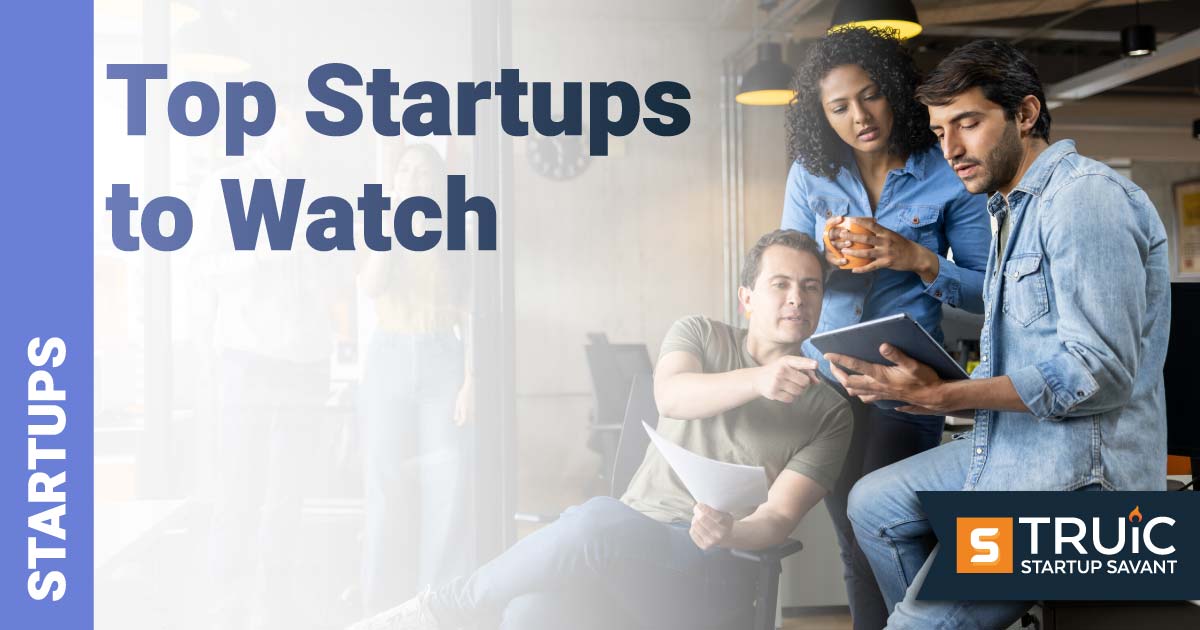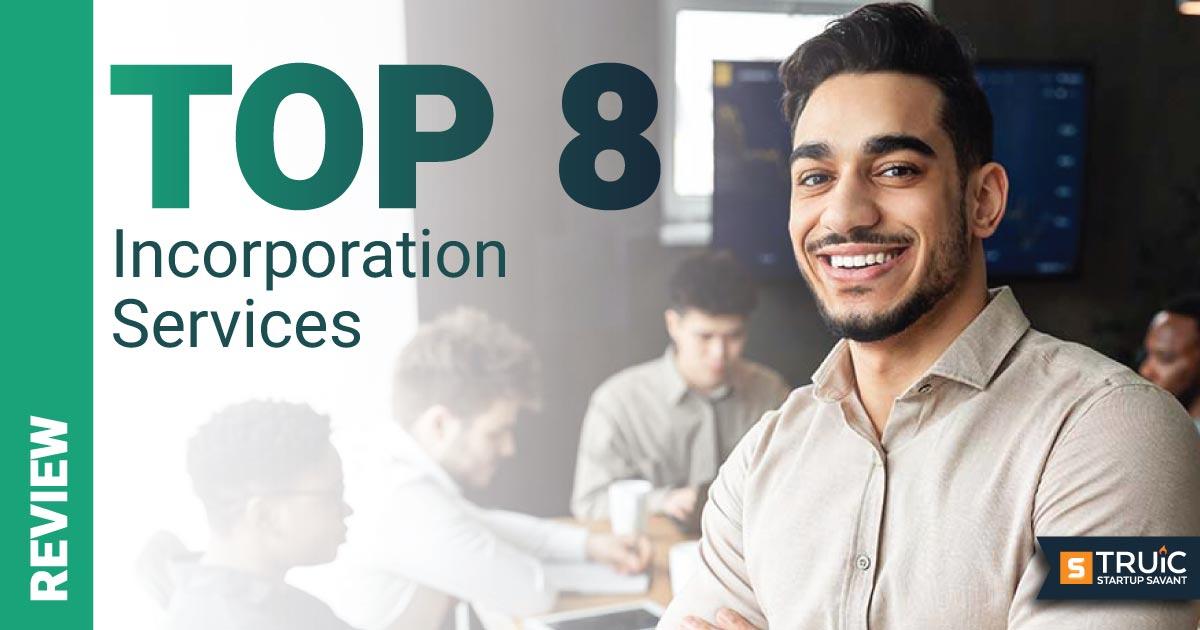Sable Flow Profile
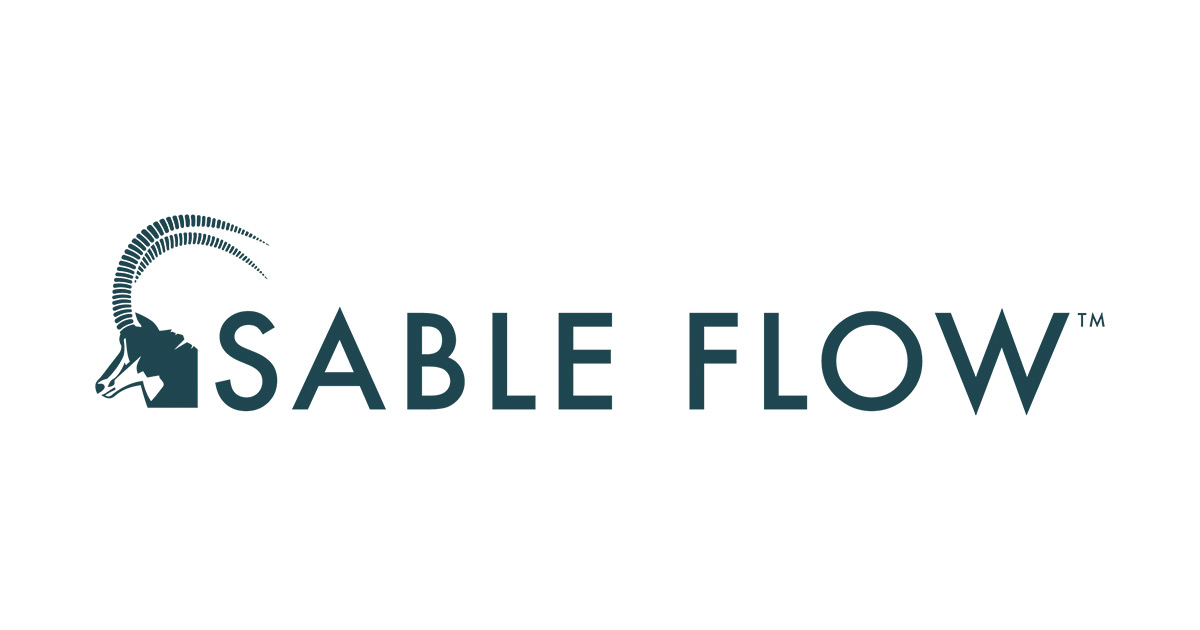
Last Updated: By TRUiC Team
Sable Flow is an ecommerce startup that aims to create sleek, user-friendly office decor and tools for remote workers.
Interview With Tomer Soran
Describe your product or service:
“Secret Whiteboard: A stylish art frame that hides a large magnetic whiteboard inside. Make any space multifunctional. Flip from work to home with the flick of the wrist.”
Describe your company values and mission:
“So many people struggle with having to live and work in the same space. We give people the tools to customize their space to find their flow state and balance work and home life. Our products create multifunctional spaces that allow you to do deep work and put it away when you want to host or just unwind.”
How are you funded? I.e. type of funding, number of funding rounds, total funding amount.
“Bootstrapped.”
How big is your team? Tell us a little about them!
“Solopreneur with contractors and agencies managing elements of the business.”
How did you come up with and validate your startup idea? Tell us the story!
“I was working from my kitchen table in a small apartment. I had too many projects and knew I needed a whiteboard to organize my thoughts, but I hated how every option was ugly and dominated the space. Hosting and feeling like my place is put together matters a lot to me.
So I came up with the Secret Whiteboard: An art frame with easily swappable art (so you can match your style) with a double magnetic whiteboard inside. Countless design iterations and samples later the final product was created.
Because putting things away was such an important aspect, the whiteboard inside is recessed so you can store the magnetic accessories that come with each board, so it's ready to use out of the box. It was also important to provide color and size options to accommodate different décor and space constraints for our customers.
We launched a Kickstarter campaign in October 2021 reaching our initial goal in 36 hours and raising over a quarter million in pre-orders on Kickstarter in 40 days.
As of September we are starting to ship units to our backers and cannot wait to see all the ways they will use our products.
Our site is live and taking orders so you can get your Secret Whiteboard now!”
How did you come up with your startup's name? Did you have other names you considered?
“For the product line, Secret Whiteboard, I wanted something that felt easily understandable right away. It is a novel product but can be understood in a three-second GIF. So the goal was to make something that people could quickly and easily search for and find.
I definitely looked at many variations, but most were too clever or tricky to stick.
Why not just name the company that? Because we have much larger aspirations than being a single product company. So I wanted to build a brand that could nest all the multifunctional decor and productivity tools we have planned. Hence, Sable Flow:
‘Flow’ refers to flow states, and our goal to help people find those moments of mental and emotional bliss. Uninhibited productivity occurs when you feel that you know exactly what to do next and we design to empower those moments.
‘Sable’ is our connection to nature and strength of will. A sable is a powerful antelope with a gorgeous silhouette. It is important to us as a community to have conviction and confidence in ourselves that we will succeed. Work has its ups and downs, so we all need that mental fortitude to stay consistent through the easy and difficult moments...Also, sables just look great too.
I spent a week or two building our brand ethos and name using branding exercises from Swallowtail Agency — their ‘Build a Brand’ workshop was a lifesaver.
I definitely had many different name options but landed on Sable Flow after scratching off many that had too many alternate connotations. [I’m] proud to create a brand around Sable Flow and Secret Whiteboard.”
Did you always want to start your own business? What made you want to become an entrepreneur?
“I always knew that I wanted to have my own business at some point, as I saw the value of being your own boss from a financial and safety perspective.
But I did not start from the beginning going off on my own. I am a licensed structural engineer and did design work on skyscrapers in NYC for several years before branching out on my own into the world of entrepreneurship.
The beauty of entrepreneurship and product design is that we can come up with something and then put it out into the world, hopefully solving real problems people have in their lives. I get to combine my creative and analytical minds to solve business problems.
Some of the most satisfying moments are when you are told that something is not possible and you then exert your will and creativity on something and solve it. Often it's just getting to the right people, getting to the crux of an issue, and putting the pieces together.”
What was the biggest obstacle you encountered while launching your company? How did you overcome it?
“Every day there is another obstacle, but having to switch manufacturers to get our products to our quality standards took a lot of work.
As with many problems, the answer is not how but who.
I enlisted a sourcing agent who helped coordinate while I could focus on design elements, providing approval and specification, and building the campaign along with the rest of the business.
Whenever financially possible, hire one to hire 10. That agent helped find and test out many suppliers and then coordinate many elements and adjustments with the manufacturers we landed on. And always remember to send gifts on Chinese New Year.”
Feeling inspired? Learn how to launch your company with our guide on how to start a startup.
Who is your target market? How did you establish the right market for your startup?
“Style-focused, whiteboard-loving, work-from-home people. Entrepreneurs, employees, homeschooling parents.
Our flagship product the Secret Whiteboard naturally lends itself to this awesome group. They are go-getters who recognize that their space affects their work and they care about being able to maintain a life alongside work.
We tested with many calls and conversations inside our network and with test ads to see how people react to the concept.
Our Kickstarter campaign proved this out. We are now refining more closely the demographics, psychographics, and special use cases to help us target converting leads.”
What's your primary marketing strategy?
“Facebook ads, word of mouth, organic social media, and influencers/affiliates which we are setting up currently.”
How did you acquire your first 100 customers?
“Threw a Hail Mary. I pulled out every contact in my personal and past business email, and sent a single blast inviting them to the Kickstarter waitlist.
You can really only do this once in your life. Sometimes you have to commit and plant your flag into a project.”
What are the key customer metrics / unit economics / KPIs you pay attention to to monitor the health of your business?
“Standard ecommerce ones: customer acquisition cost, landed cost of product, average order value.
Right now we are just starting to gather new sales data as we finally go live with inventory from our first production run.”
What's your favorite startup book and podcast?
“Book: ‘Million Dollar Offers’ — Alex Hormozi
Podcast: ‘Marketing Made Simple’ (But I listen to a lot of podcasts, it tends to be one of the first places I go when I need some fast education on a subject, so favorite podcast tends to depend on the problem or element I am working on at the time)”
What is a song or artist that you listen to for motivation?
“Best work album: Opiuo X Syzygy Orchestra - ‘Live at Red Rocks’”
Is there a tool, app, or resource that you swear by to help run your startup?
“Too early to tell — we’re still playing with a few, but we moved over to Shopify for our storefront. Seems to be a pretty good central point.
I also essentially run everything on Google as a file and communication hub. But that almost goes without saying these days.”
What is something that surprised you about entrepreneurship?
‘When you are starting out, everything is about tips, tricks, and hacks, but good business comes from good simple fundamentals.
- Who are you selling to and why?
- What are you selling?
- What is the size of your market?
- Do you have headwinds or tailwinds in your market?
- How do you find the customers?
- How do you fulfill your product or service?
- What does each element cost you and what is the timing of your cash?
Good business comes from clarity and setting up a snowball that organically grows because it's on the right hill and made of the right snow.”
How do you achieve work/life balance as a founder?
- “Stay physically active. It clears the head and the emotions.
- Try to keep a routine
- Outsource and handoff as much as you can at each stage of your business
- Stay social - it will help your mental health and surprisingly your business as well
- Our brand is focused around being able to flip from work to home with the flick of the wrist, so I try to embody that and use physical cues to train myself to turn off things when I can. (closing the whiteboard, changing locations, changing clothes) --side note, sometimes you have a late international call, it happens.
Also, do not hesitate to take a day off here and there. Sometimes vacations don't line up with your energy or productive windows, so just take it when your body needs it. Pay attention to your health, it's the only thing you can trade for later. Ask Steve jobs.”
When did you know it was time to quit your day job to focus on your startup?
“I felt that my time/energy was not compounding towards the lifestyle that I wanted (location independence, cash to enjoy travel and grow my life).
Very specific moment: I was on a plane coming back from a vacation, and I had this feeling of dread. I looked at it and thought, ‘I should not feel this way coming back home or going back to work.’ Both of those things should fill my bucket, not empty it.”
What was your first job and what did it teach you?
“I was a lifeguard at a public pool. Lesson: I need to be working to solve something, not just monitoring things.
There are definitely more lessons within the engineering job I held, but that's for another day.”
Tell Us Your Startup Story
Are you a startup founder and want to share your entrepreneurial journey with our readers? Click below to contact us today!
More on Sable Flow
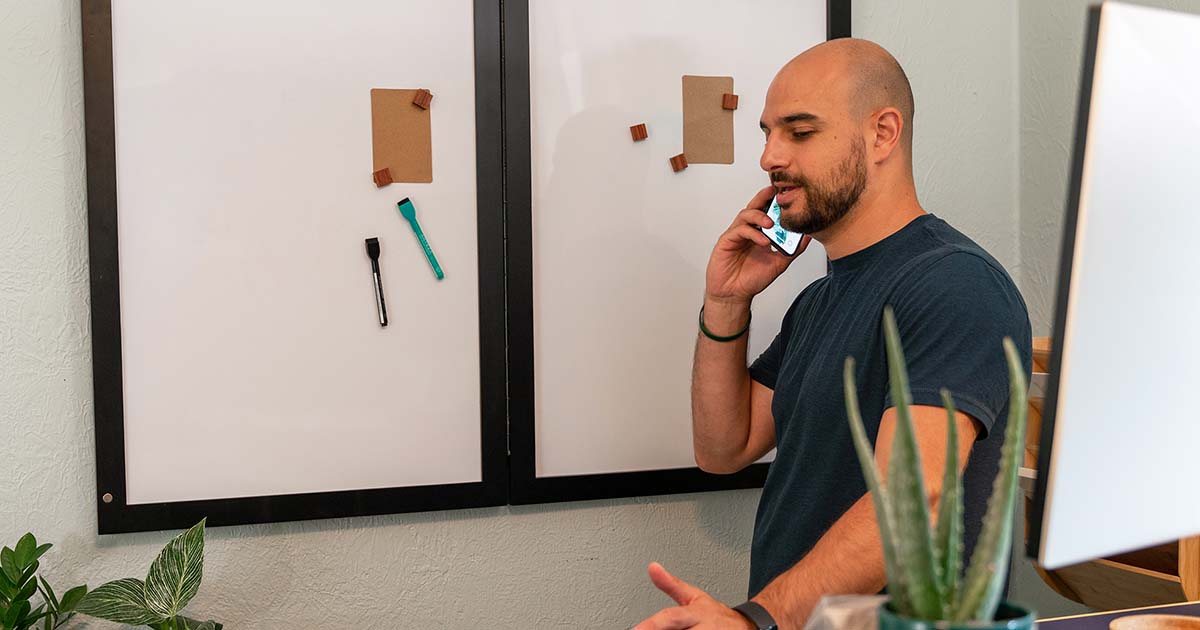
Founder of Ecommerce Startup Sable Flow Shares Their Top Insights
Tomer Soran, founder of ecommerce startup Sable Flow, shared valuable insights during our interview that will inspire and motivate aspiring entrepreneurs.
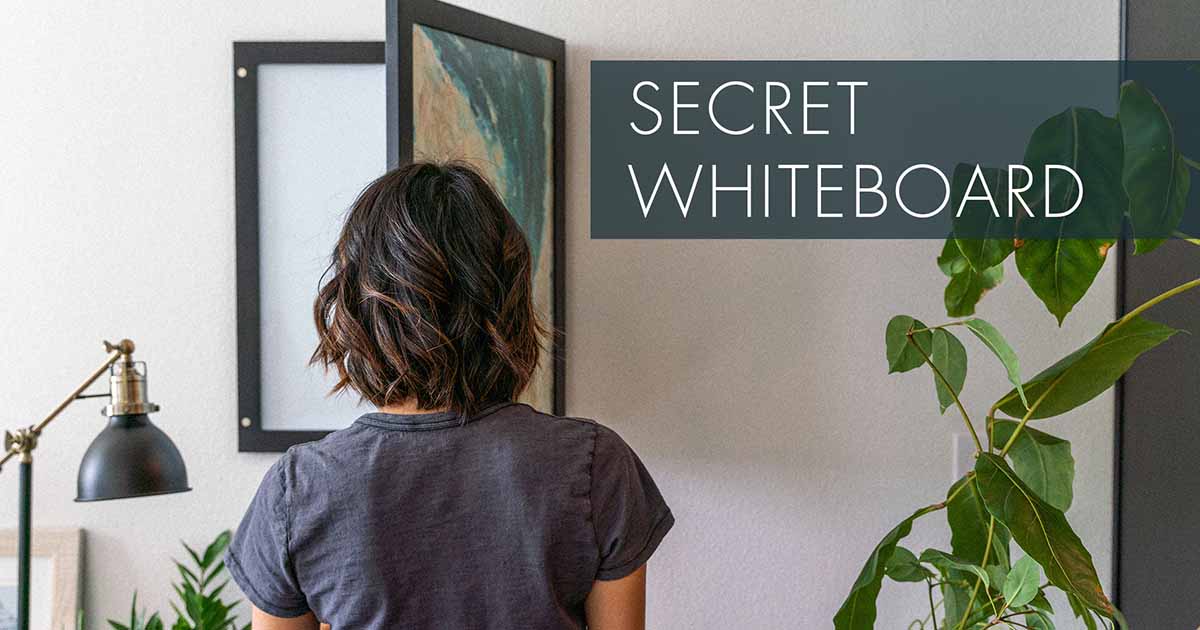
Here’s How You Can Support Ecommerce Startup Sable Flow
We asked Tomer Soran, founder of Sable Flow, to share the most impactful ways to support their startup, and this is what they had to say.



